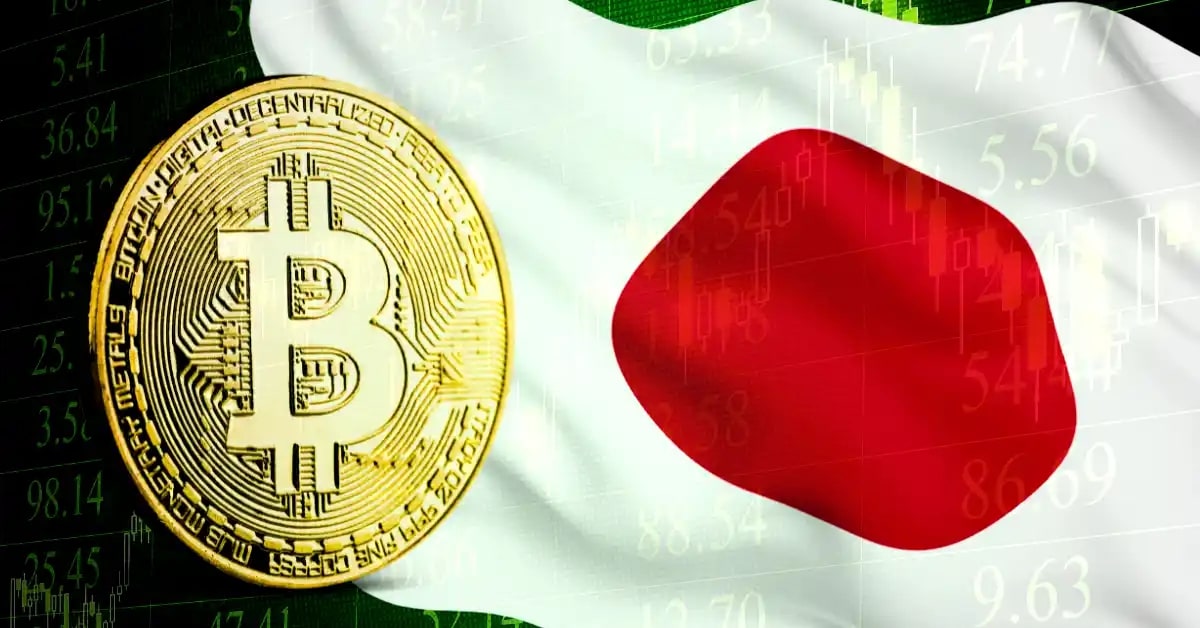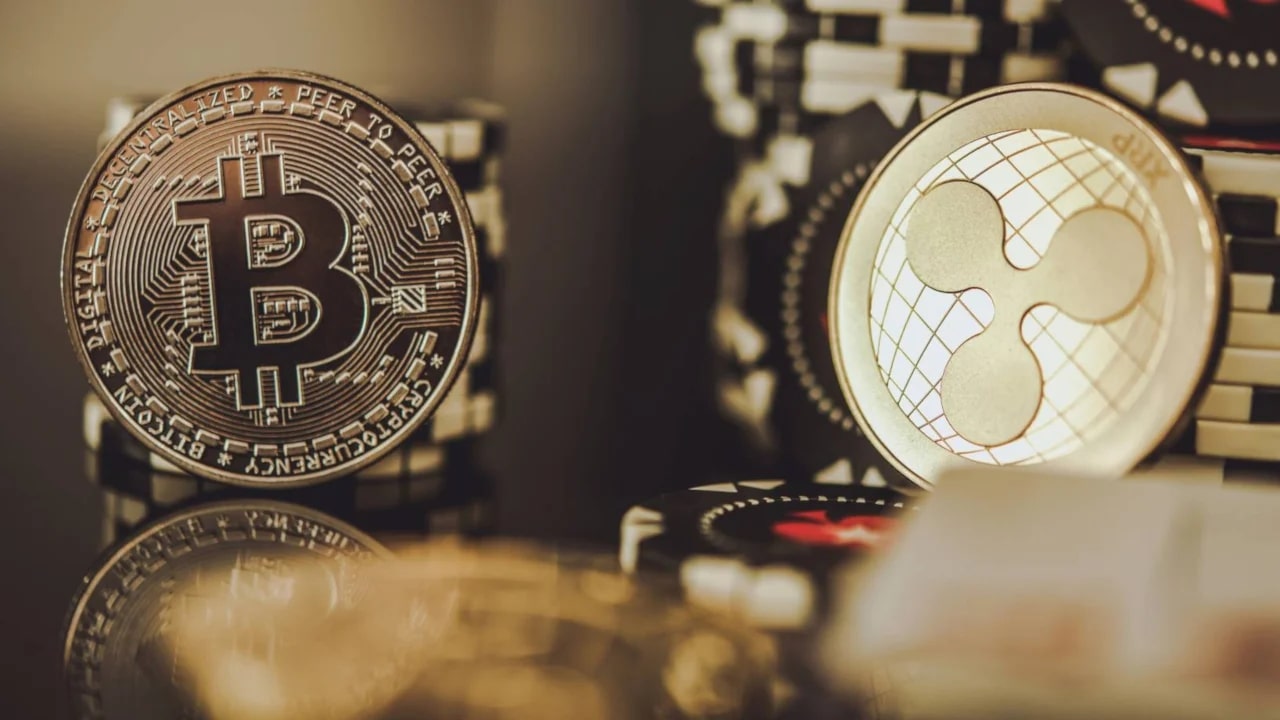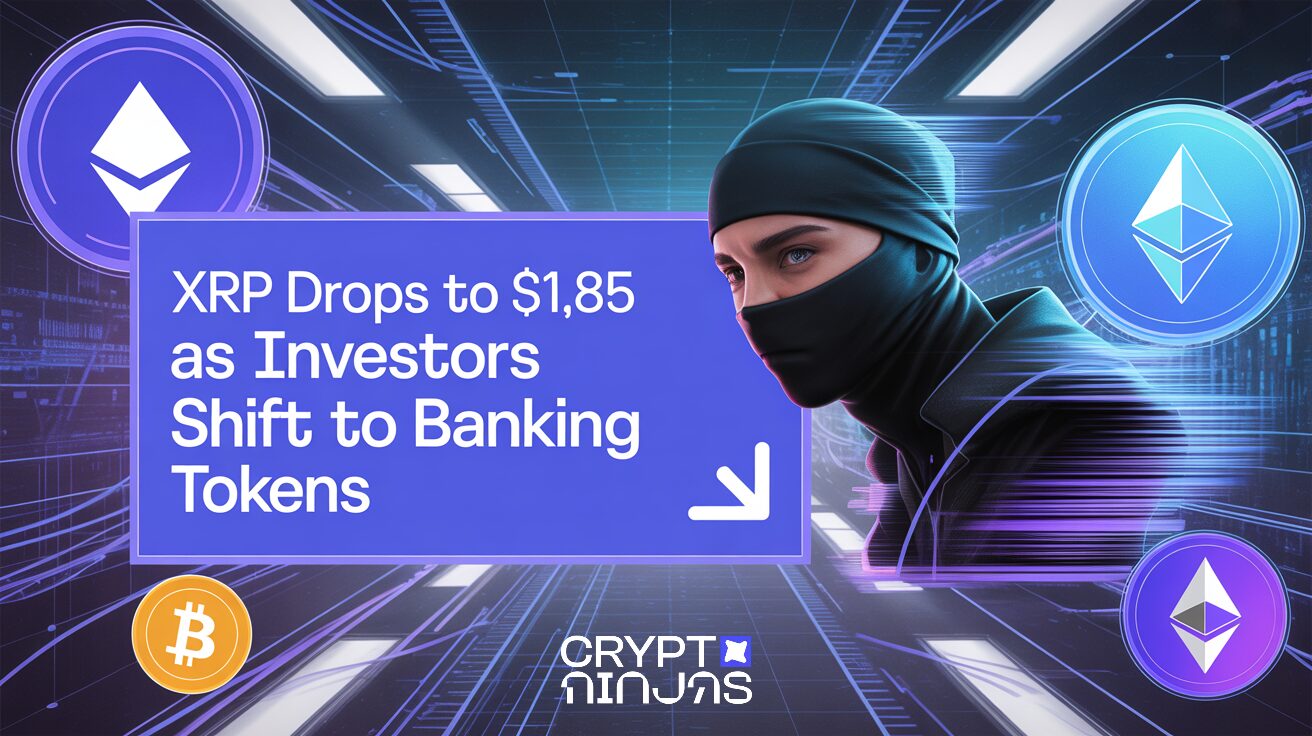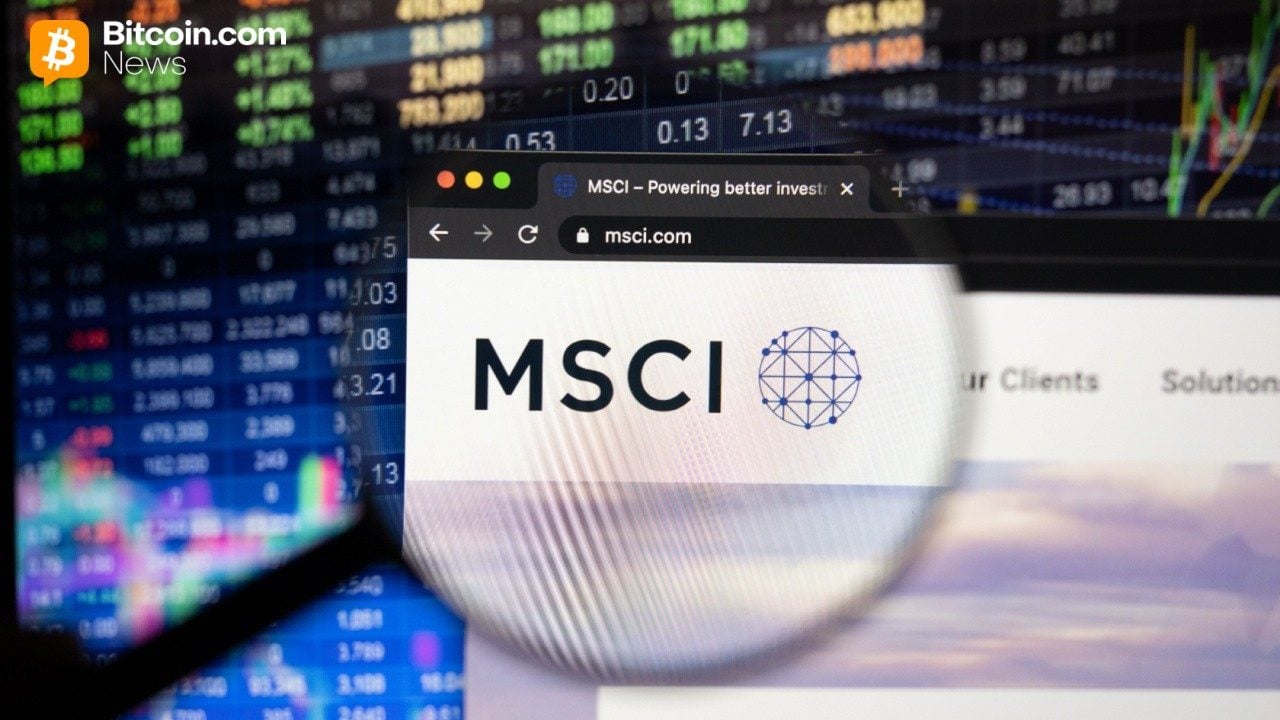Key Takeaways:
- SBI Holdings has submitted the first ETF application in Japan that bundles Bitcoin (BTC) with Ripple XRP.
- The relocation comes at a time when notable crypto regulations have been set out in the United States, to enhance stability of stablecoins and innovation of digital assets
- SBI has also addressed ventures into USD- and JPY- backed stablecoins, and this is an indication of a further assimilation of crypto into conventional finances.
SBI Holdings, Japanese operator of digital assets, is shaking things up again in the world of digital assets. Not only attacking conventional investing products, but also being in touch with larger contents of the law, SBI recently filing an ETF that incorporated both Bitcoin and XRP is positioning itself to shift to a newly controlled environment that may transform the crypto finance industry in Japan and around the world.
Read More: Ripple Commits $200K Each to Accelerate Japan’s Crypto Startup Scene
SBI Files First Dual-Asset Crypto ETF in Japan
SBI Holdings is the giant financial group in Japan and it has submitted two innovative Exchange-Traded Funds (ETFs) formally to the Financial Services Agency (FSA) of Japan. SBI, through its ETF, portrays its overall plans to become institutionalized in crypto investment as well as enter more traditional finance structures through further adoption of XRP through Ripple.
Read more: Ripple Transfers $477M in XRP; Is a Major Deal Brewing Behind the Scenes?




XRP Gains Institutional Footing as SBI Deepens Ripple Ties
XRP’s Big Break?
This ETF proposal is particularly notable for including XRP, a digital asset historically absent from institutional-grade products due to regulatory scrutiny especially in the United States. SBI’s deep partnership with Ripple gives the token a strategic edge in Japan, where regulatory sentiment is softening.
SBI has long backed RippleNet and On-Demand Liquidity (ODL) solutions to power cross-border payments. The inclusion of XRP in a formal investment vehicle could signal a new era of legitimacy for the asset, at least within Asia.
If approved, this ETF would not only be Japan’s first dual crypto offering but also among the first globally to package XRP in a regulated fund alongside Bitcoin.
SBI Expands Stablecoin Ambitions in USD and JPY
Beyond ETFs, SBI is positioning itself to become a stablecoin powerhouse. It’s actively working on two fronts:
- USD-backed stablecoins: SBI is partnering with Circle to boost USDC usage in Japan. The firm also plans to handle Ripple’s upcoming RLUSD within the fiscal year. By expanding U.S. dollar based stablecoin operations, SBI indirectly supports U.S. Treasuries and the dollar’s reserve status.
- JPY-backed stablecoins: SBI aims to issue yen-backed stablecoins under strict Japanese laws. These coins are expected to drive demand for Japanese government bonds and reinforce the yen’s stability. SBI is also lobbying for looser restrictions on overseas-issued stablecoins like removing the current ¥1 million transfer cap to facilitate broader B2B use.
This dual approach in stablecoin deployment reflects a strategic alignment with national fiscal objectives, from boosting bond markets to reinforcing currency credibility.


Regulatory Reform: Japan’s Crypto Taxation and Policy in Focus
The ETF and stablecoin initiatives are just one part of SBI’s broader push for reform. In its investor presentation, SBI directly addressed pressing issues in Japan’s crypto regulatory landscape:
- Crypto assets are taxed as “miscellaneous income” with progressive rates up to 55.95%, unlike securities, which enjoy separate flat taxation.
- This treatment deters long-term investment and innovation. SBI is advocating for crypto to be treated on par with traditional financial instruments.
- Politically, momentum may be shifting. In the July 20 upper house election, several opposition parties supported revisiting crypto taxation, putting pressure on ruling parties to consider reform.
SBI’s regulatory proposals aim to eliminate tax inefficiencies, foster innovation, and attract both domestic and foreign capital into Japan’s maturing crypto market.







